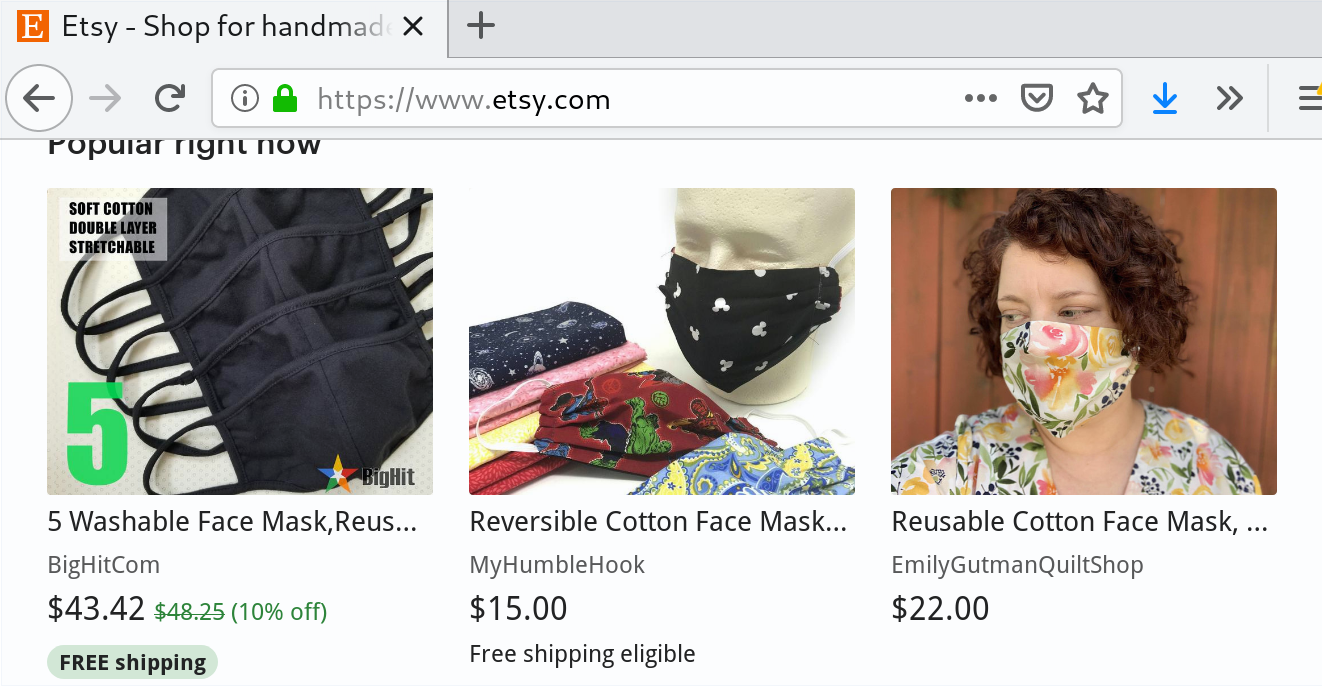getting your pottery online part 5

Continued from Part 4.
Part 5: Etsy and Its Competitors
No review of getting your pottery online would be complete without a nuanced discussion of Etsy.com.
As the "online craft marketplace," Etsy.com has been, and continues to be, the destination for a lot of potters who just want to sell work online and don't want to be troubled with registering a domain or creating a site. Rather than charging monthly fees, Etsy takes a percentage of each sale as well as a small fee per work listed. Etsy offers a built-in clientele and high customer traffic. Many artists have made a lot of money selling on Etsy.
However, in addition to the limitations around shared marketplaces mentioned previously, Etsy has some issues that have caused a recent exodus of ceramic artists. It isn't possible to have a unique, distinctive page there. They are increasingly mandating practices, like free shipping, that are not affordable for small shops, and copycatting is a widespread problem.
There are several competing sites that operate on the Etsy model who are more friendly to solo artists. This includes Artfire.com, Artspan.com, and the ceramics-only ThePotteryCollective.com. However, these sites only get a tiny fraction of the customer visits that Etsy does, which means that you will be largely responsible for marketing to potential customers. They're really best as a stopgap while you work on your own custom online store.
I do need to mention two better-funded shared marketplaces, though, but mainly in the negative. These are both listed below because I think ceramic artists should avoid them.
Ebay.com and similar auction sites exist, but (according to many potters online) are a really bad place to try to sell handmade art. First, not being able to set firm prices (it's an auction) is difficult, and pressure to sell cheap is high. Customers on Ebay will also criticize you severely for any delay or problem with shipping.
Amazon Handmade has similar "cheap and fast" pressure problems, too, although these come from the corporation and not the customers. To sell on that marketplace, you have to agree to absurdly short shipping times. Worse, the seller agreement, according to some potters who've reviewed it, includes provisions that say Amazon owns the copyright for photos of your work, and can even legally copycat your designs. Amazon is also not set up for selling single unique items; their system expects dozens to hundreds of identical pots.
If none of these shared marketplaces are for you, it's time to move on to having your own online store in Part 6.